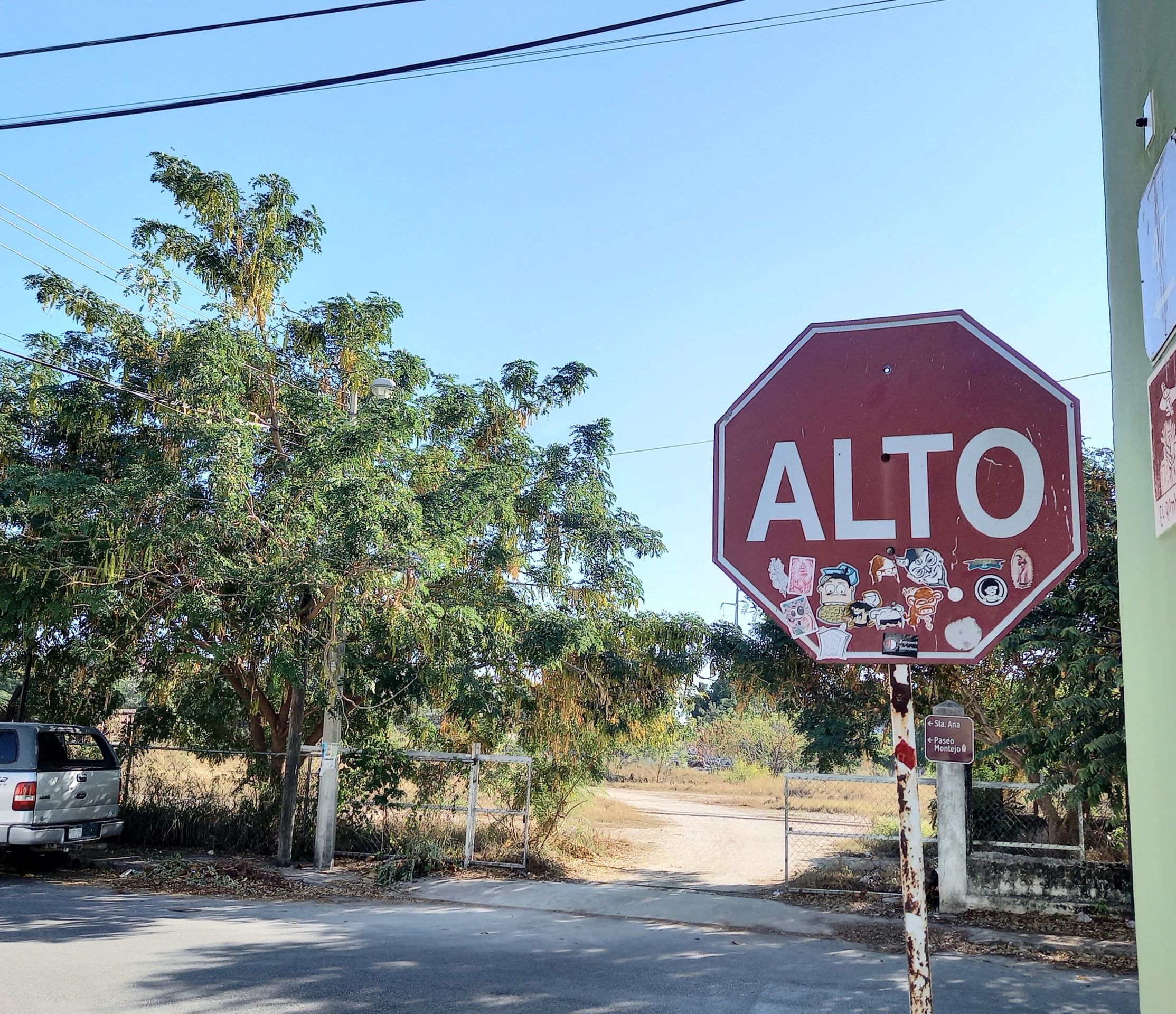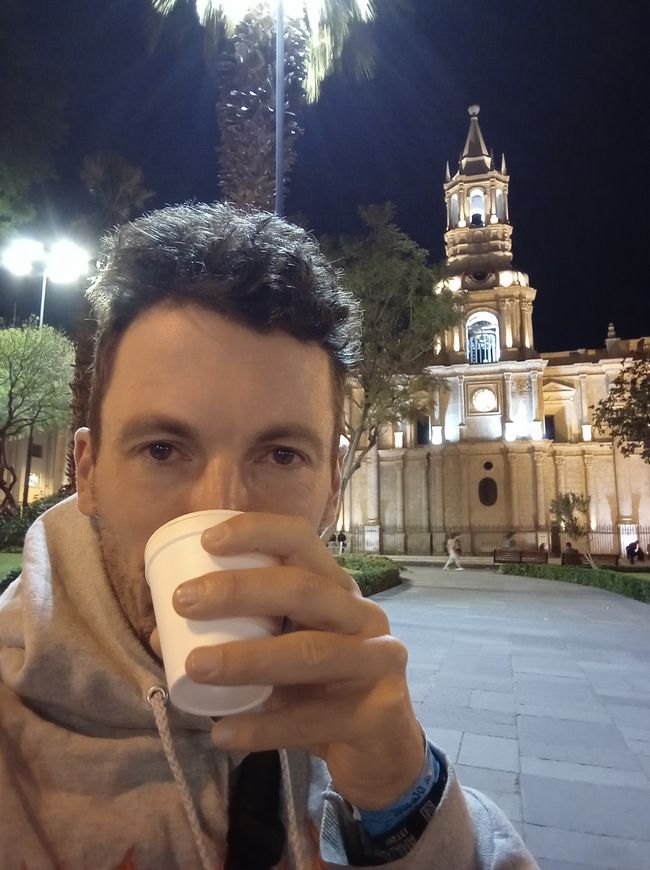Gdańsk
E hatisitsoe: 04.07.2023
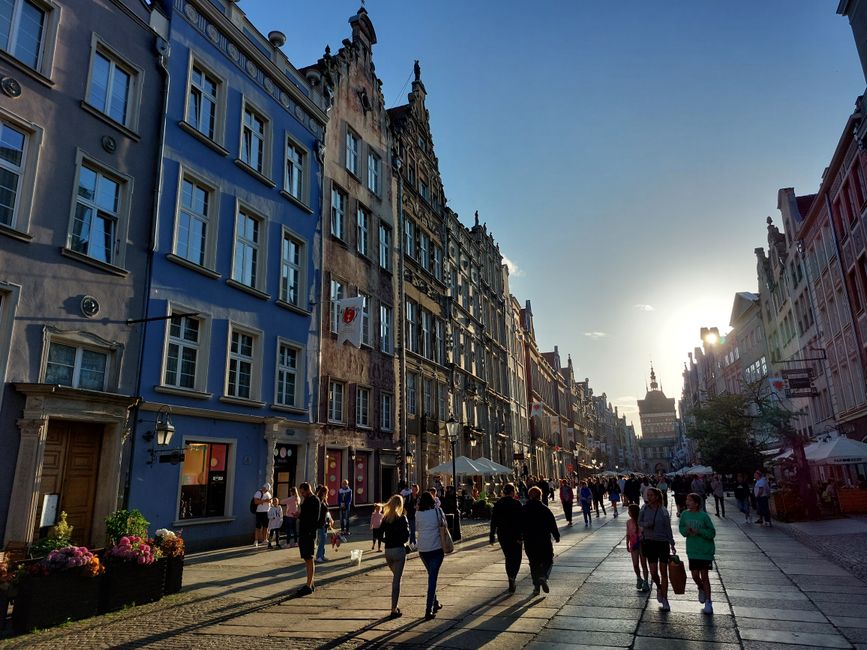
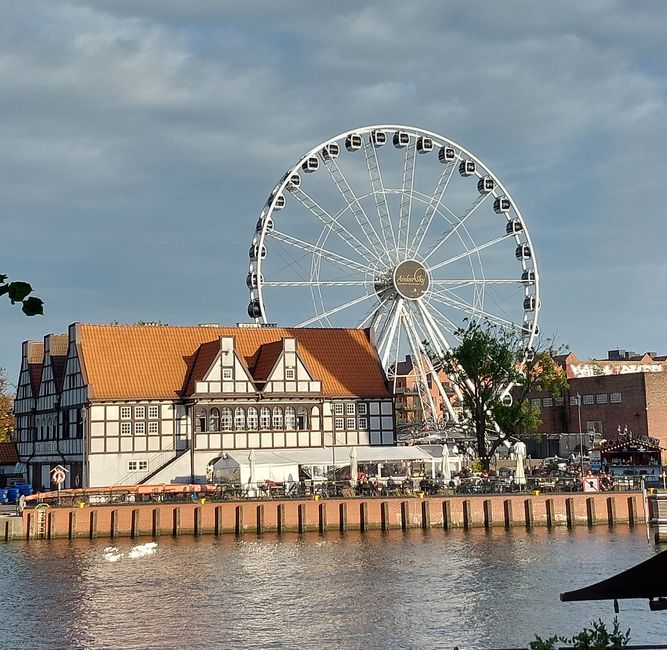
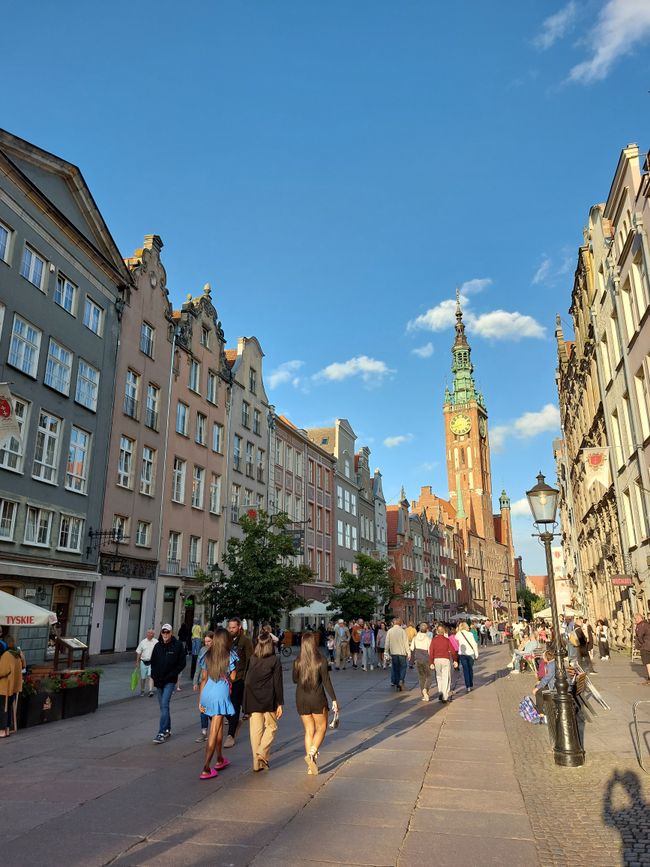
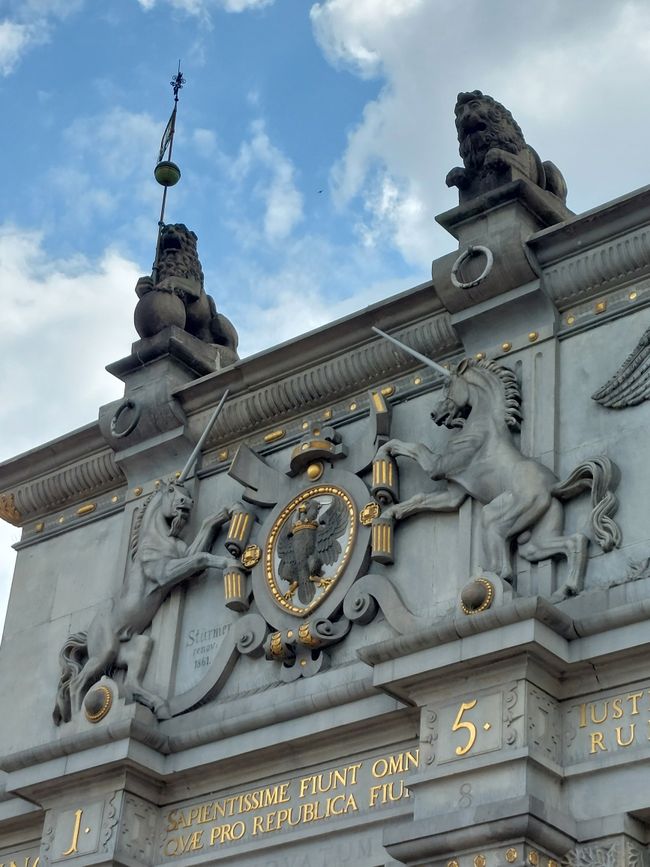
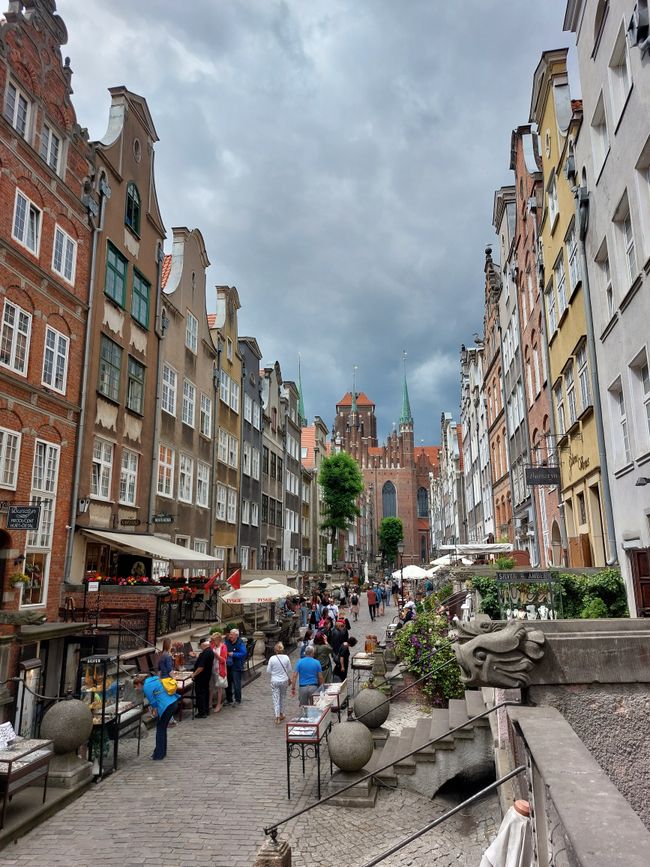
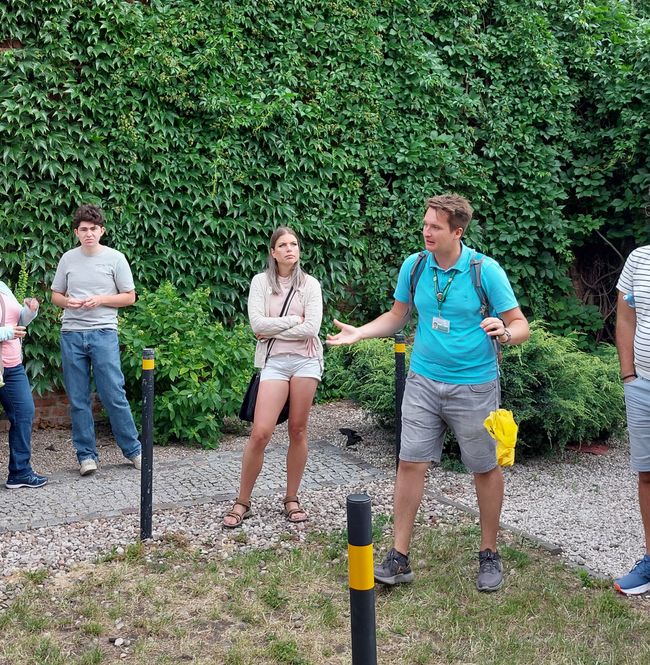
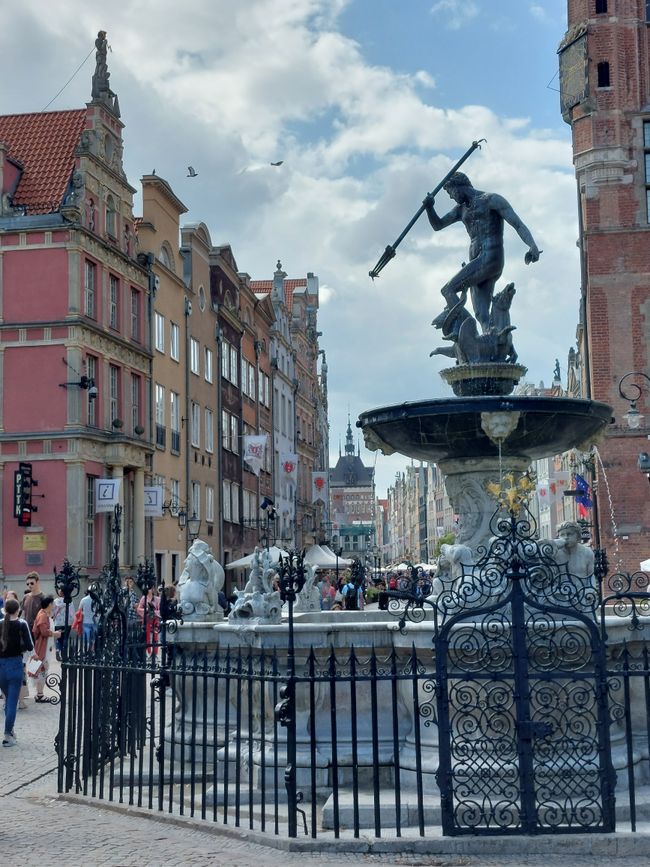
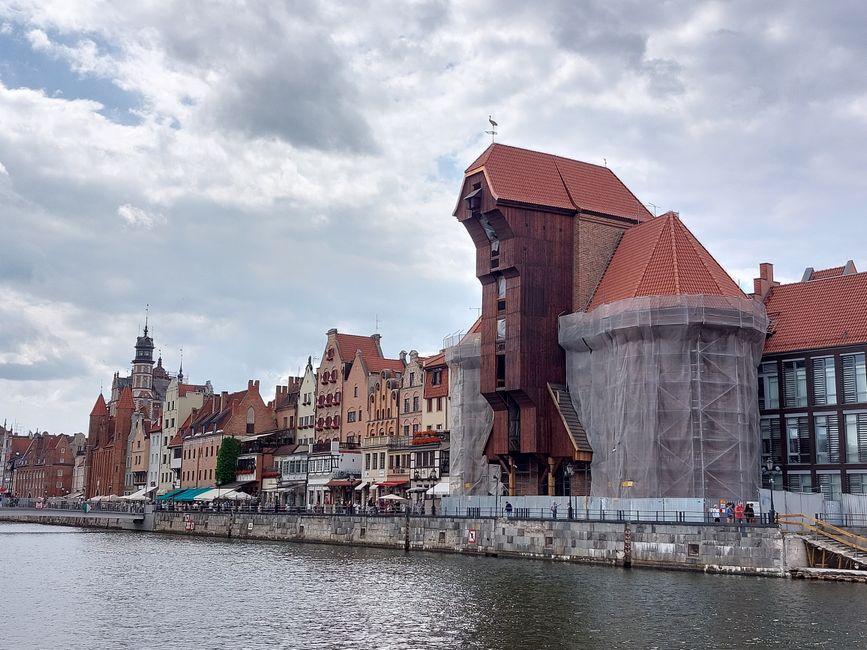
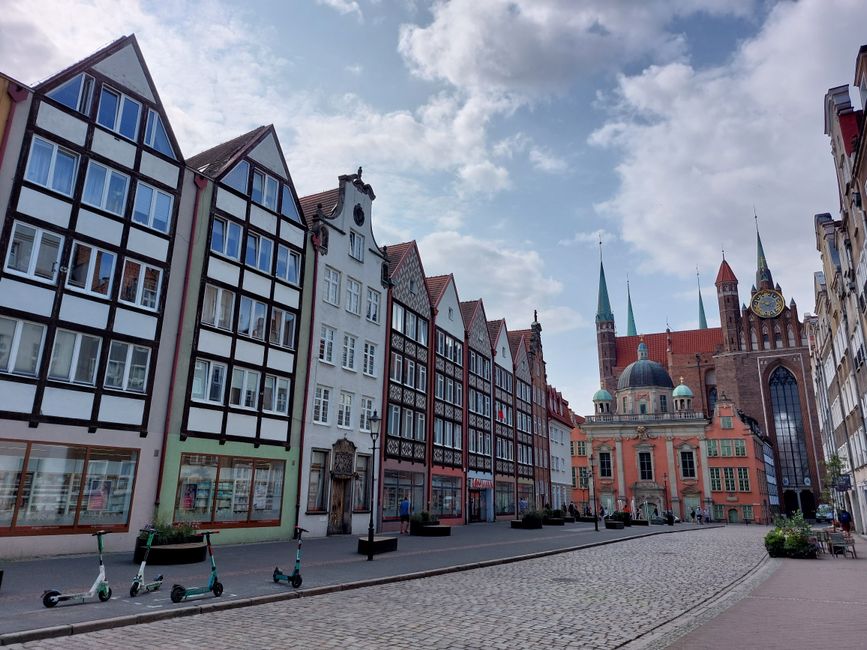
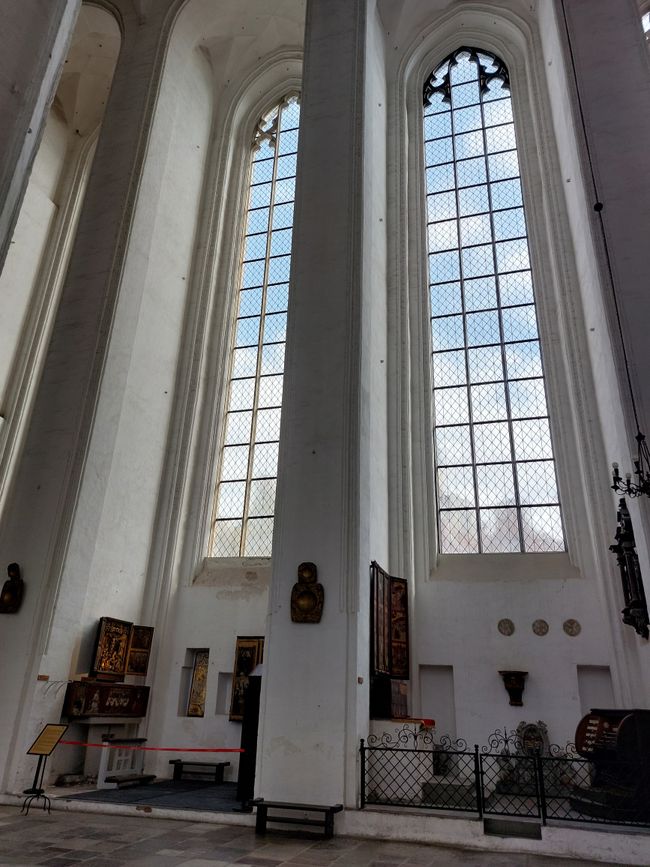
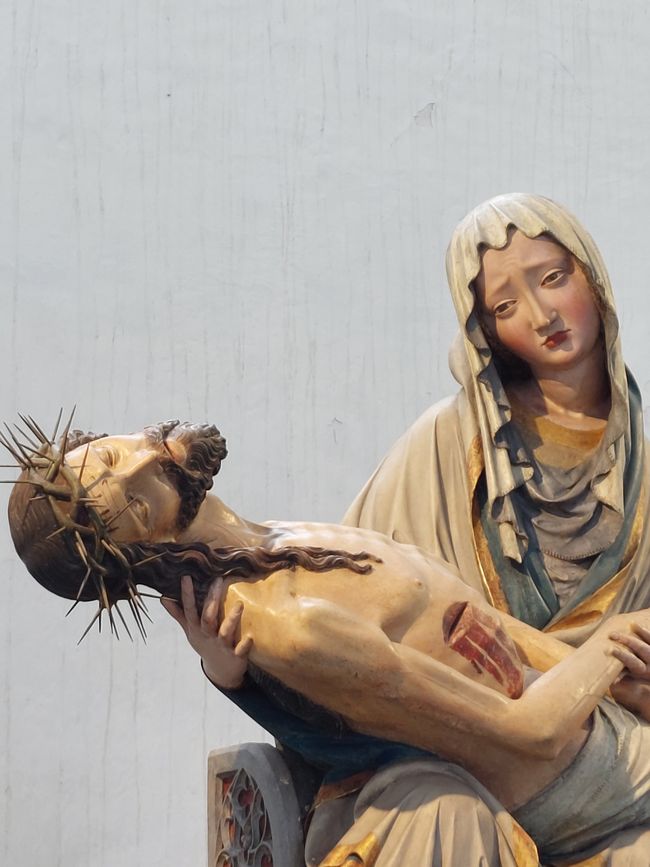
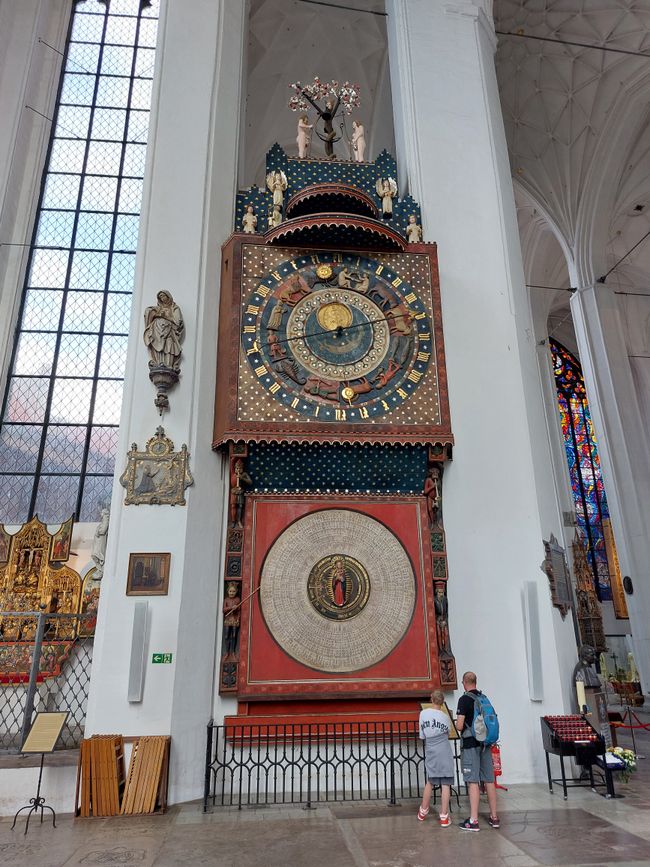
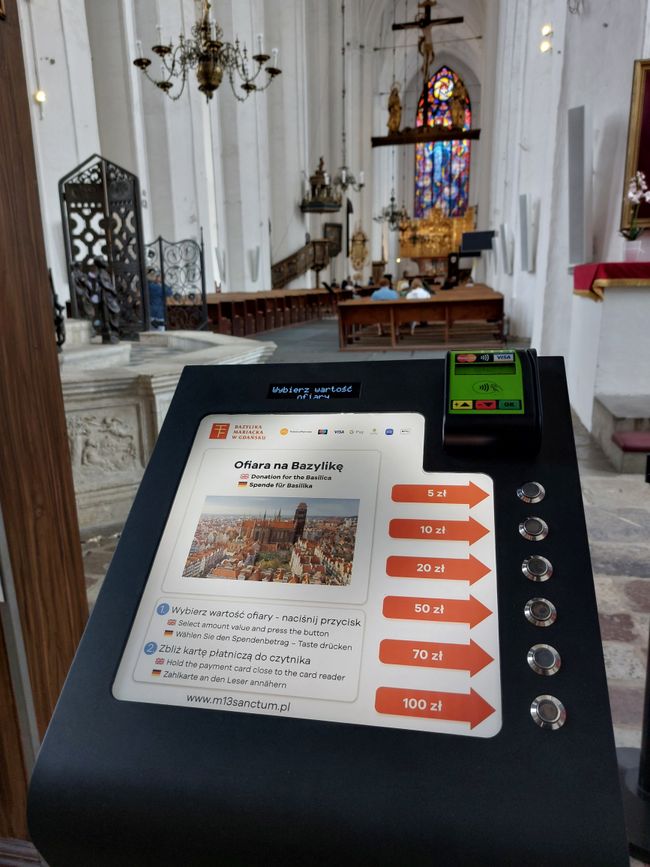
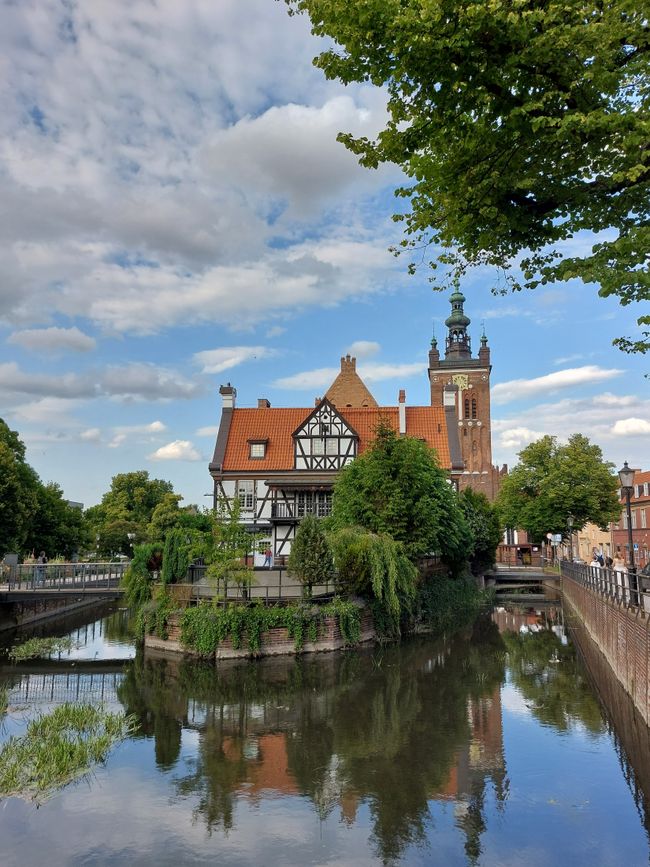
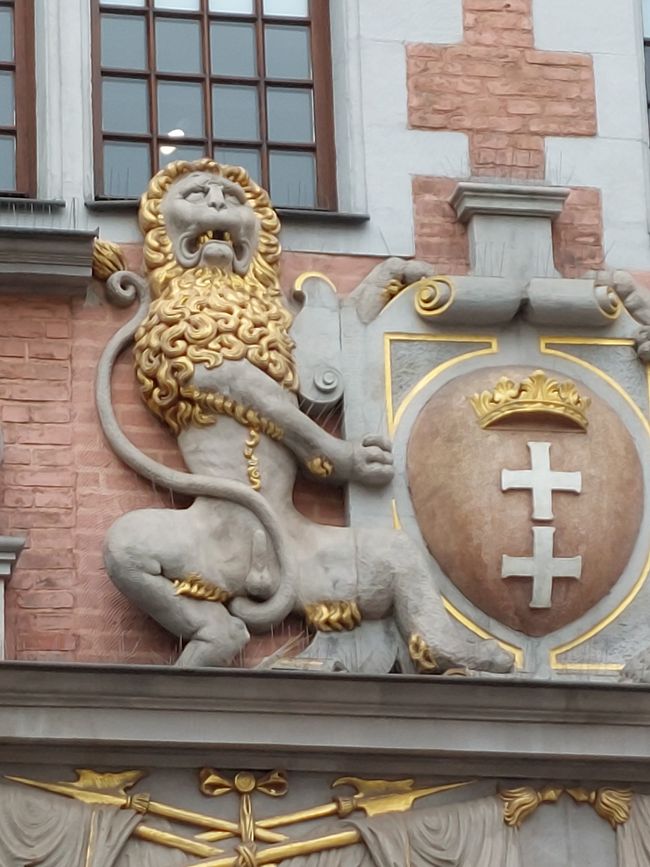
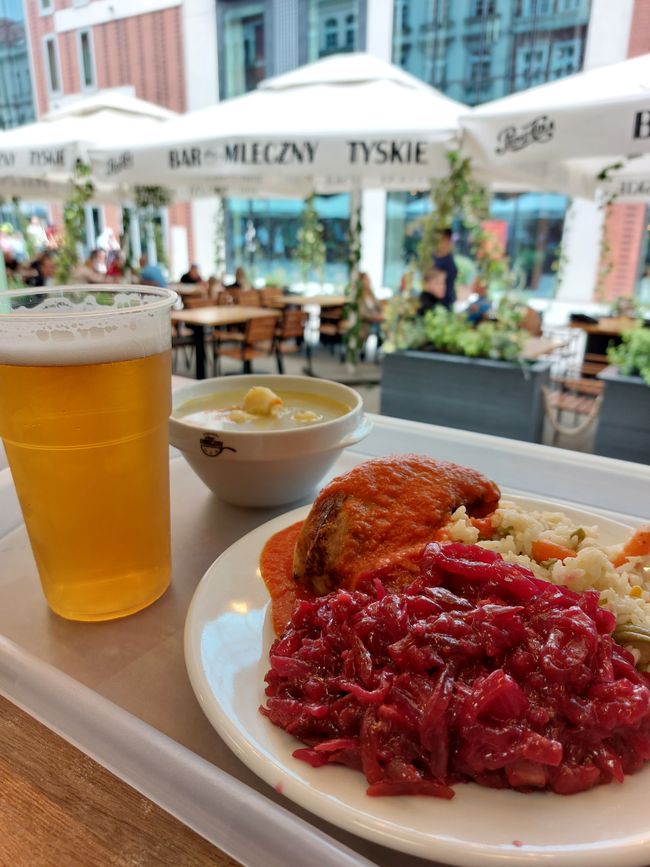
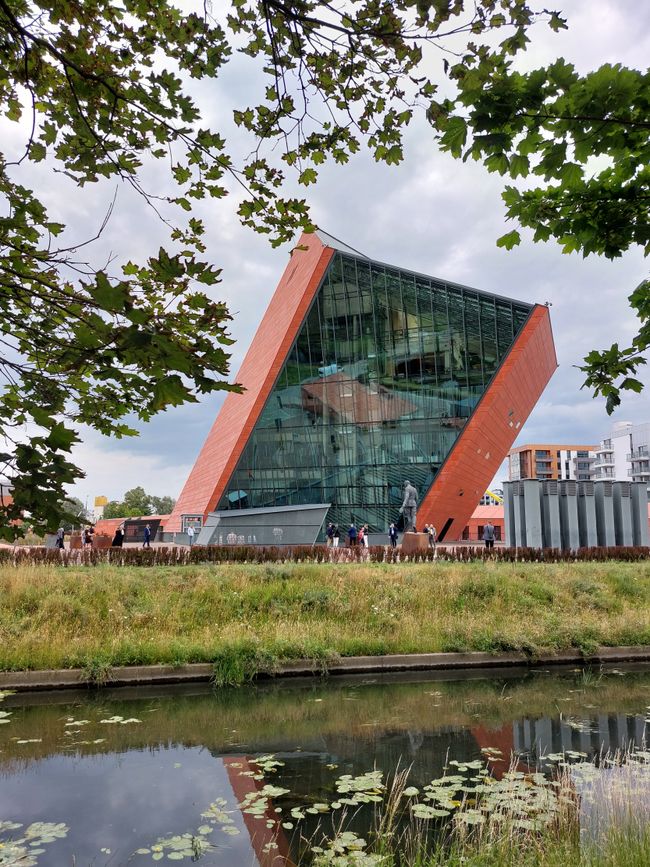
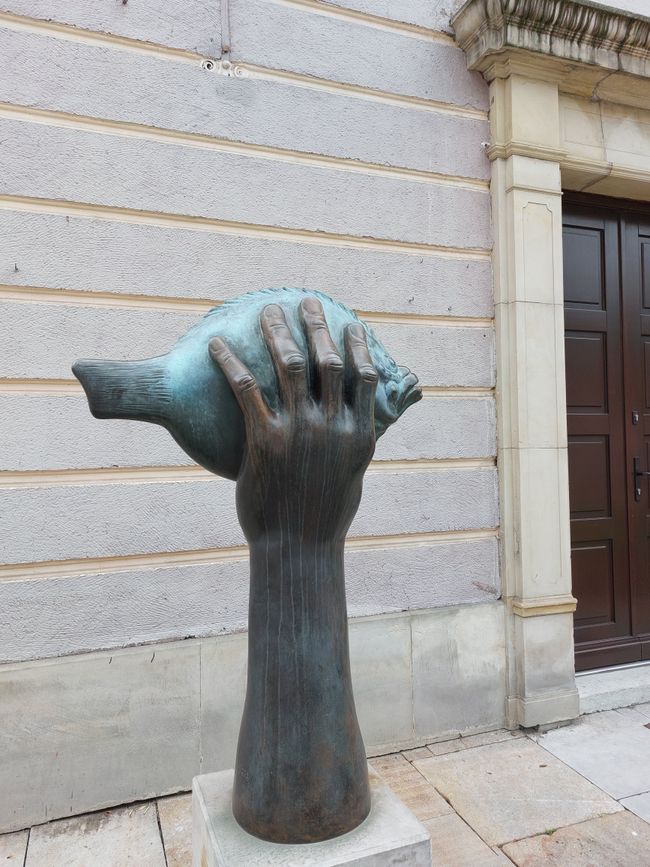
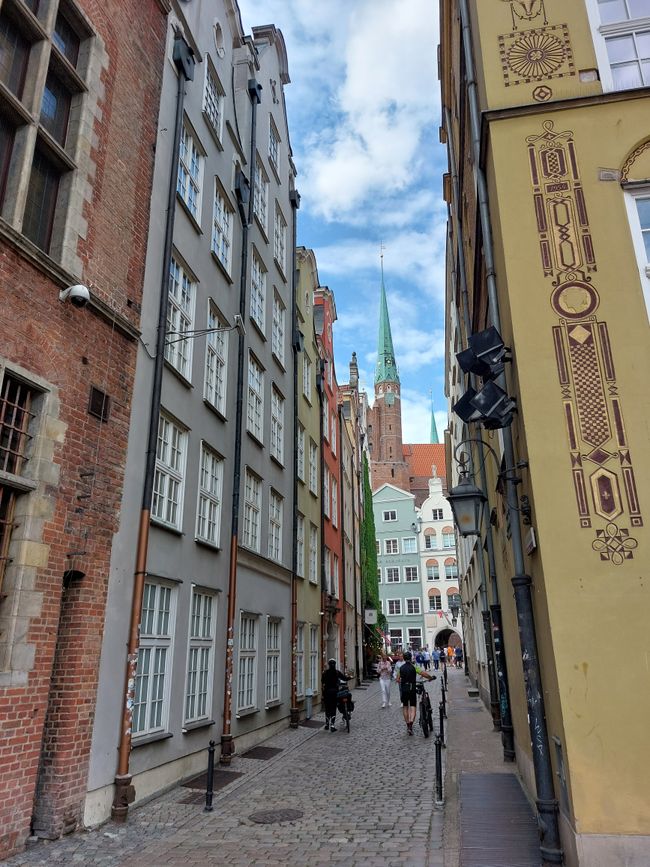
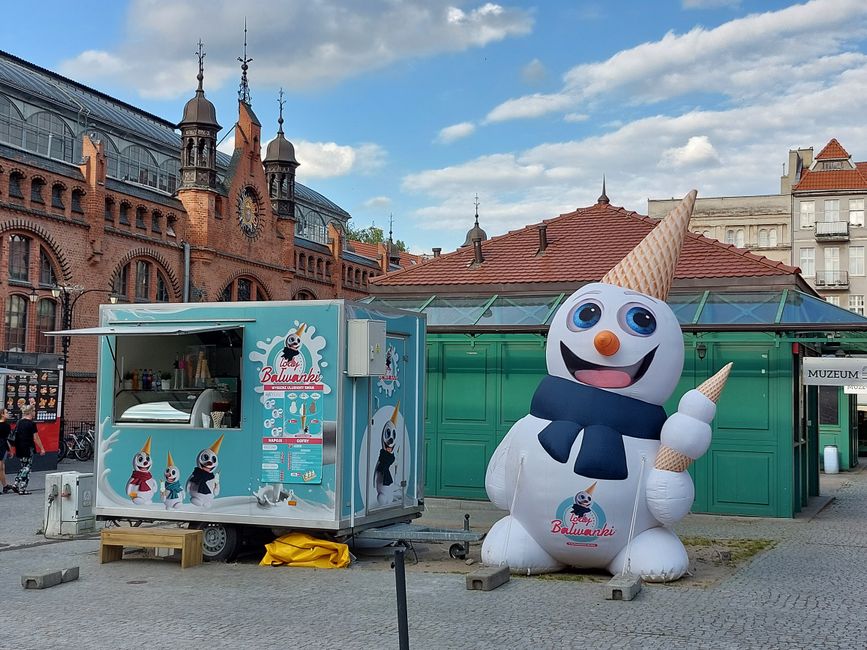
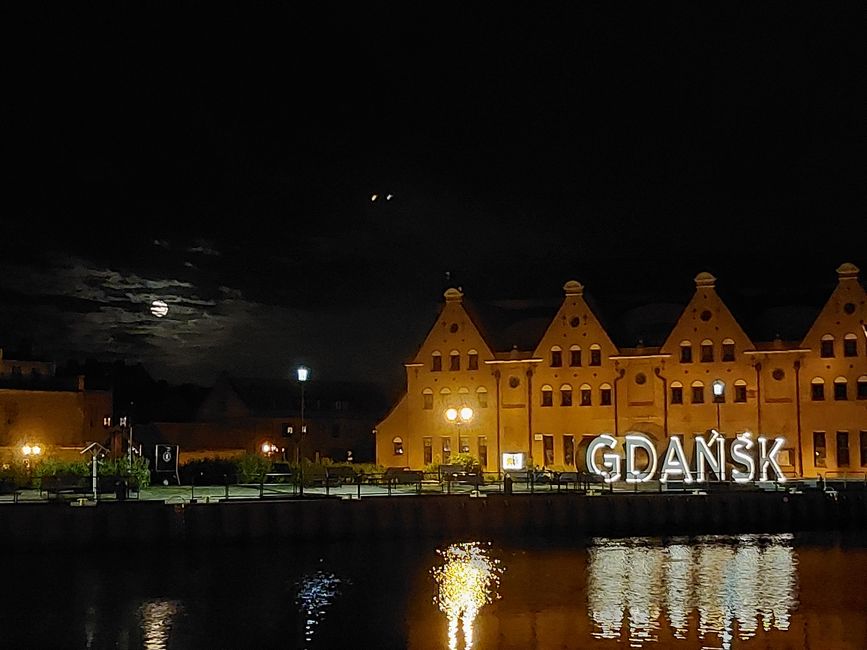
Gdańsk in the conditional. At this point, a jumbled post could follow: Middle Ages, Hanseatic League, Teutonic Order, Kingdom of Poland, Prussia, Free City, World War II, destruction, reconstruction, Solidarity. At the same time, I could refer to how I asked our guide Filip if Gdańsk would have been a German city. To which he relativized and then added that the population was 90% German at the beginning of the 20th century.
For geographical-historical classification, terms such as Pomerellen, Kociewie, or Westerplatte would be explained. And it would probably be useful to mention some great sons of this city, such as Fahrenheit, Schopenhauer, or Günter Grass.
However, I could probably save an overview of the sights, as the photos would be sufficient for that.
So maybe it would be better if I refrained from such a knowledgeable report, which would be based solely on hearsay following another city tour and my amateurish study of Wikipedia.
Gdańsk was a tourist city through and through, a museum, albeit reconstructed. Brick and pointed roofs ran like a common thread through the architectural history. A fresh Baltic Sea breeze and the cries of seagulls completed the picture of the port city.
After I had already met some Poles in Warsaw who were delighted with my interest in their country, I met Nathan in Gdańsk. He lived in England and had visited the Open'er Festival, apparently a big deal for the Tiktok generation.
We talked about the Polish mega festival 'Haltestelle Woodstock', which took place for years on the German border, about the chances of the PiS party in the upcoming parliamentary elections in autumn, and about Polish drinking habits. I regretted the ban on drinking in public spaces, to which Nathan gave me an ironic look: 'Do you know what would happen here if we were allowed to drink on the street?' However, there are probably special zones, such as along the Vistula River in Warsaw, where the consumption of alcohol is allowed. These zones became a political issue during the COVID-19 period.
For excursion tips for my last day, Nathan recommended a particularly beautiful stretch of coast south of Gdynia and a visit to Westerplatte, where the Second World War began with its bombardment on September 1, 1933.
Puns like 'Dirty Gdańsk', 'Gdańsk Queen', or 'Gdańsk with myself' were deliberately avoided!
Araba
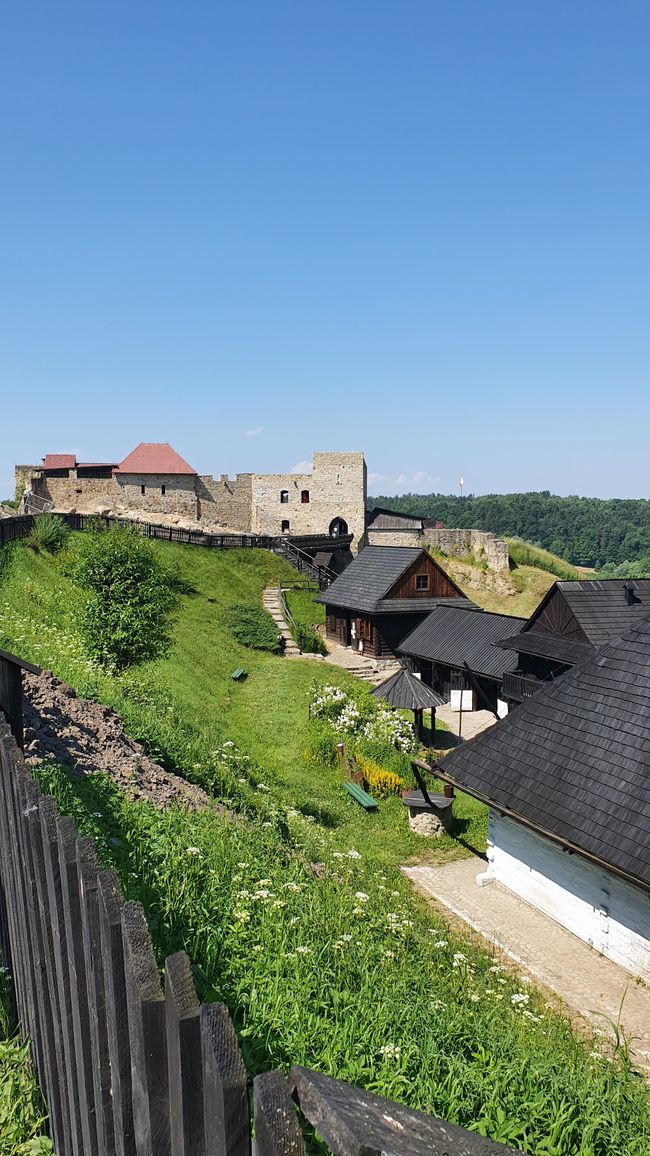
Litlaleho tsa maeto Poland
